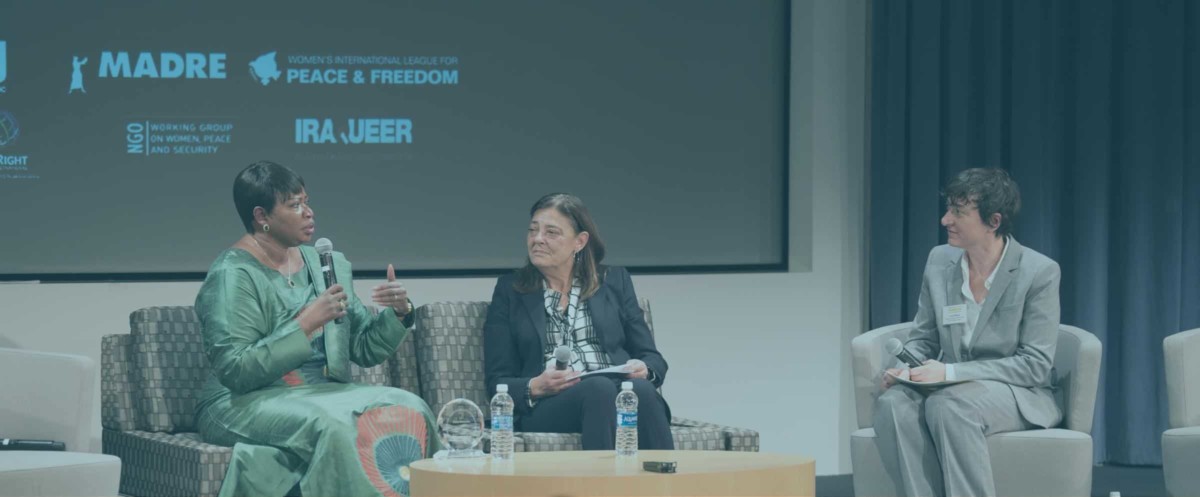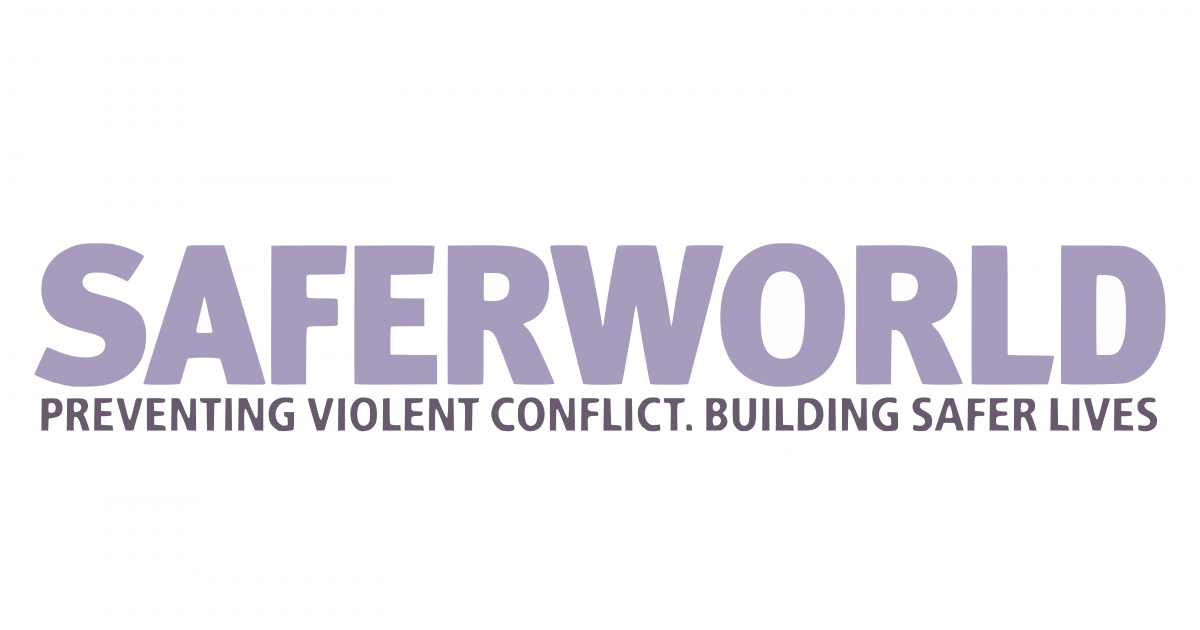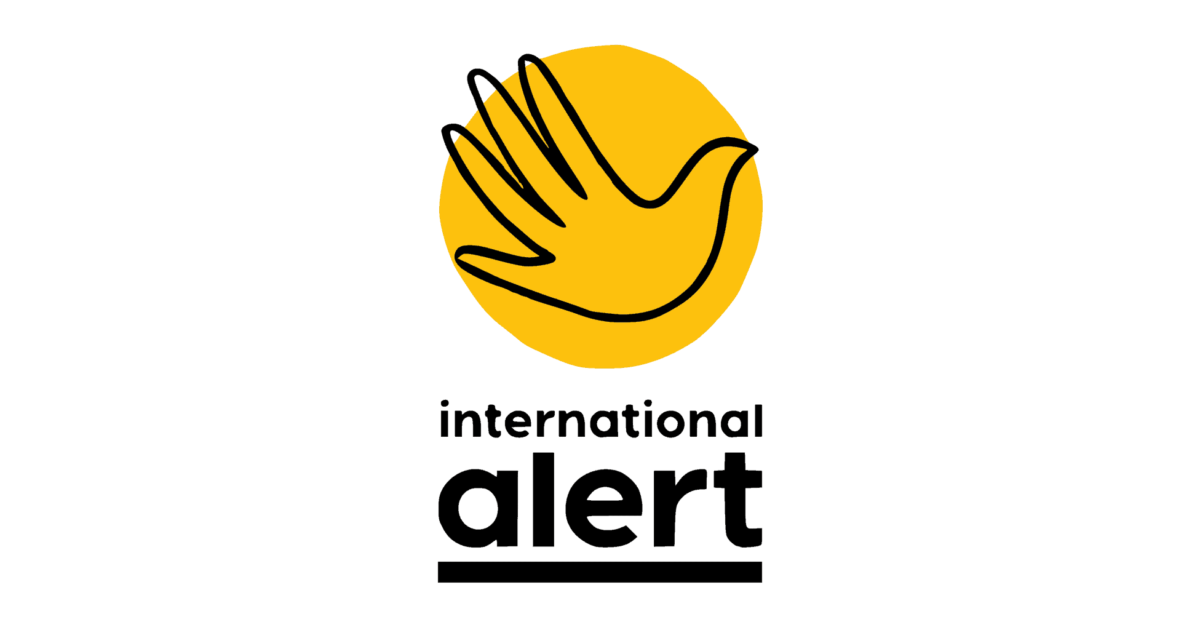Syria & Golan Heights
Syria & Golan Heights
Since 2011, Syria has been on the United Nations Security Council’s agenda, when President Assad’s aggressive actions against pro-democracy protesters during the Arab Spring became more frequent and increasingly violent, leading to civil war and terrorist violence within the country.
Insecurity is the primary concern for women, yet in spite of their limited operating environment, women activists have organized nonviolent protests, distributed and monitored humanitarian aid, documented human rights violations, created safe spaces for women and children, and worked at the local level to set up ceasefires, prisoner releases, and elections.
Based on the work of NGOWG members and their partners, the NGOWG advocates for ensuring women’s needs— such as secure access to sanitation facilities and hygiene, and health assistance— are adequately addressed, and that Syrian women are equally and meaningfully participating in the UN-facilitated political process and in the design and implementation of ceasefire monitoring mechanisms.
Golan Heights
Golan Heights, a disputed plateau in south-western Syria, is home to an equal number of Syrians and Jewish settlers, and since 1973, United Nations Disengagement Observer Force (UNDOF) peacekeepers have observed a contested territorial line between Israel and Golan Heights.
In the current Syrian conflict, Golan Heights has become a key strategic geopolitical position, causing an escalation in violence and increased violations of the ceasefire territorial agreements. Recent advances and attacks by the Islamic State of Iraq and the Levant (ISIL) have concerned residents of Golan Heights— particularly given ISIL’s systematic denial of women’s rights and perpetuation of violations against women.
Based on the work of NGOWG members and their partners, the NGOWG advocates for addressing the increasing gender imbalance in UNDOF by deploying a higher percentage of women, and inclusion of gender-specific language in the UNDOF mandate.
Current and Past Recommendations to the UN Security Council (Monthly Action Points)
The Council is expected to discuss the situation in Syria, since the establishment of the UN Supervision Mission in Syria (UNSMIS), which is scheduled to report to the Council every 15 days. In its discussions regarding the situation in Syria, the Security Council should: ensure that UNSMIS includes a properly staffed and equipped human rights component able to safely and independently interview victims of human rights abuses while protecting them from retaliation; refer the situation in Syria to the International Criminal Court; following a fair and transparent process, adopt targeted sanctions on officials shown to be implicated in human rights abuses; require states to suspend all military sales and assistance, including technical training and services, to the Syrian government, given the real risk that the weapons and technology will be used in the commission of serious human rights violations; demand that Syria cooperate fully with the UN Human Rights Council Commission of Inquiry and with UNSMIS; and demand access for humanitarian missions, foreign journalists, and independent human rights organizations.
Relevant Resources










